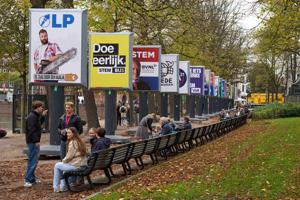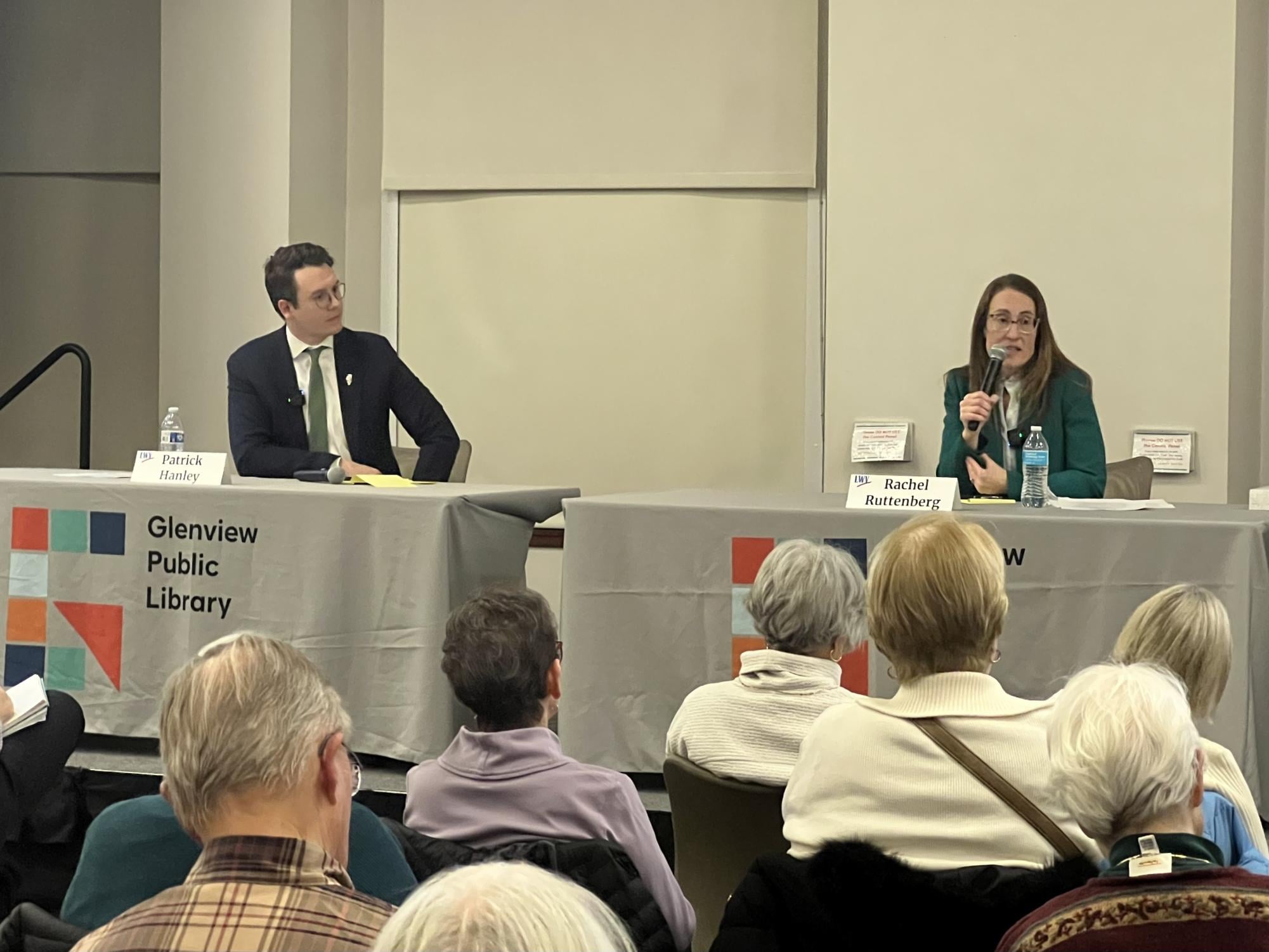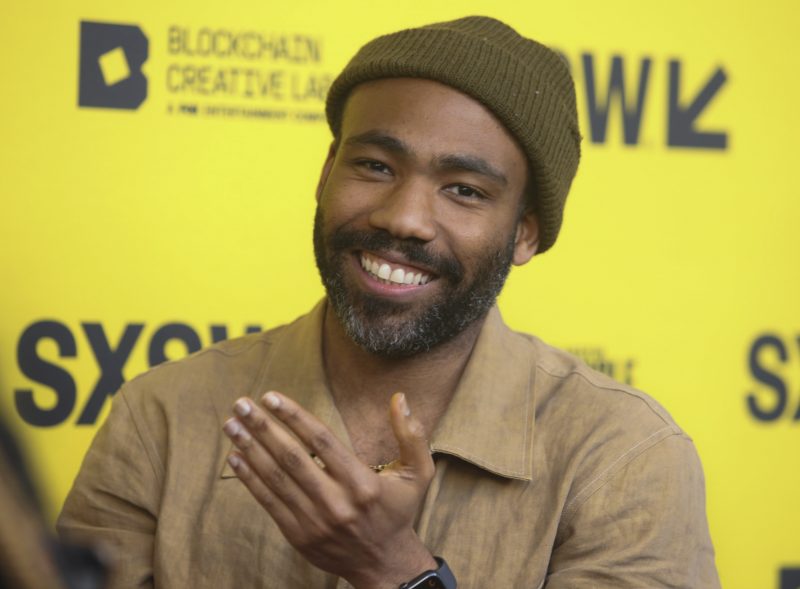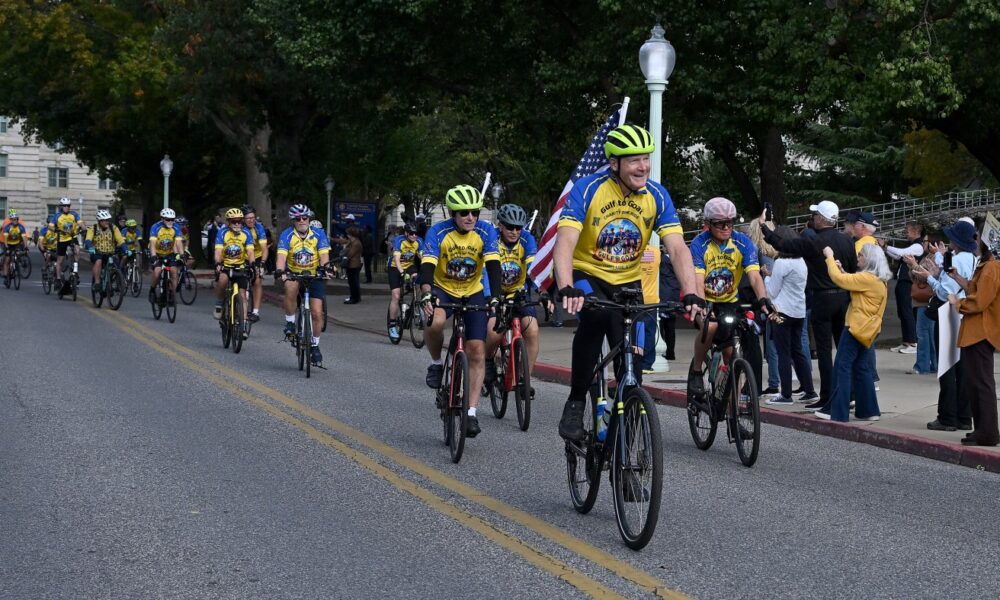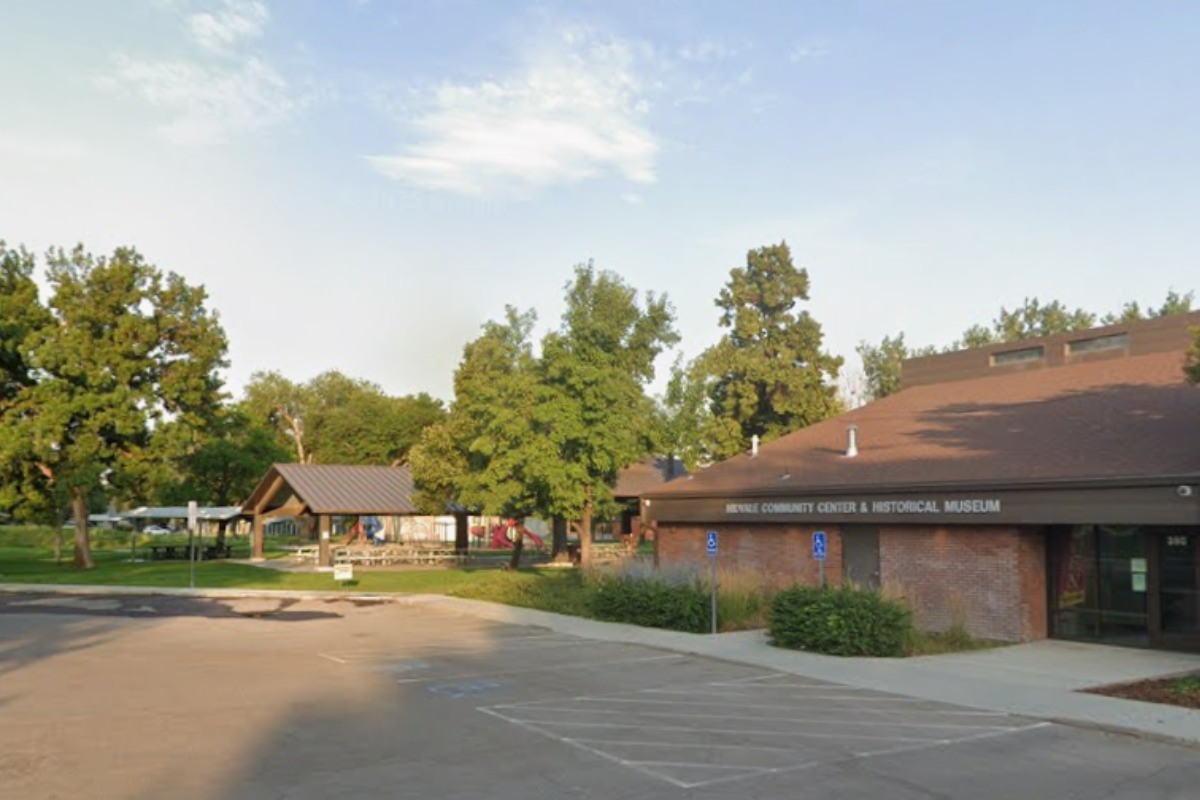UPDATE: Voters across the Netherlands are casting their ballots today in a tightly contested snap election that could reshape the nation’s political landscape. The election follows the dramatic collapse of the previous four-party coalition, triggered by anti-Islam lawmaker Geert Wilders over a contentious immigration debate.
Polling stations opened early this morning, with voters eager to express their views on critical issues such as housing shortages and immigration policies. This election resonates deeply throughout Europe, reflecting growing concerns over migration and its impact on local communities. Polls close at 9 p.m. CET, after which the first exit polls will reveal initial results.
As the campaign unfolded, leading candidates emphasized the urgency of the election. Wilders, whose Party for Freedom is advocating for a total halt to asylum-seekers, expressed confidence after voting in The Hague: “It’s up to the voters today… I’m confident.” Meanwhile, Frans Timmermans, leading the center-left bloc, emphasized the stakes, stating, “It’s going to be so close… we need to avoid a right-wing government.”
The election occurs amid heightened tensions in Dutch society, marked by protests against new asylum-seeker centers and violence at recent anti-immigration rallies. With a population of 18 million, the Netherlands is grappling with deep divisions over migration policies, making this election particularly critical.
With the current political climate shifting, many voters are reconsidering their allegiance to parties that previously formed the right-wing government under Wilders. Olga van der Brandt, a 32-year-old voter, remarked, “I hope this time there will be a more progressive party who can take the lead.” The Christian Democrats leader, Henri Bontenbal, indicated that a fundamental change in Dutch politics is at stake, noting, “The question is, is it possible to beat populism by decent politics?”
Polls suggest Wilders’ party is positioned to secure the largest number of seats in the 150-seat House of Representatives, but competition from moderate parties is intensifying. Voter turnout is expected to be high as many citizens await the last minute to finalize their choices.
At a polling station in Delft, a group of students honored their tradition of voting together, demonstrating the engagement of younger voters in this pivotal election. “It’s a house tradition,” said Lucas van Krimpen, highlighting the importance of civic participation among the youth.
Immediate negotiations for coalition formation are anticipated following the election results. Rob Jetten, leader of the center-left D66 party, stated during a recent debate that his party aims to balance migration control while accommodating asylum-seekers fleeing conflict. He urged voters to choose a path of constructive politics over divisive rhetoric, directly addressing Wilders’ stance.
As results begin to emerge tonight, the implications of this election will be profound, affecting not only Dutch politics but potentially influencing broader European trends on immigration and governance. Stay tuned for updates as the situation develops.

